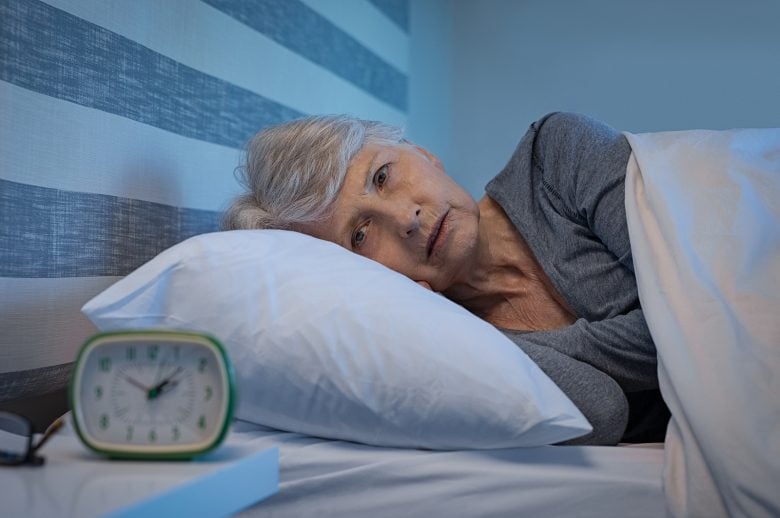According to the National Sleep Foundation, “insomnia is a difficulty falling asleep or staying asleep, even when a person has the chance to do so.” Even a brief period of insomnia can impact your performance at school or work, drain your energy, and affect your mood and concentration. Meanwhile, chronic insomnia gets ingrained into your daily life like a bad habit.
Insomnia is also a frustrating problem to deal with. Depending on the poll, 30 to 68 percent of adults have experienced that vicious cycle of lying in bed, mind racing with yesterday’s troubles and tomorrow’s to-do list, watching the minutes pass on the alarm clock. Ironically, the more desperately you want to sleep, the more stressed you become and the less likely you will get the rest you’re craving.
What About Medication?
It may be tempting to go to the doctor for a quick sleeping pill prescription while others try other type of products like Delta 8 online which is a great thc product for relaxation. These are effective in the short term, but they come with significant downsides. Many carry a whole host of potential side effects like:
- dizziness
- memory blackouts
- GI issues like diarrhea
- allergic reactions
- grogginess and poor daily performance
Sleeping medications can also be addictive or lose strength quickly. That’s why it’s a good idea to first try lifestyle changes improve the length and quality of your slumber, that’s why I thought about this and different options or practices that you can implement.
For many people, meditation trumps medication when it comes to beating insomnia. Visit Observer.com to access information and CBD products, like the best CBD gummies for anxiety. Many people are using CBD products to get better sleep at night, reduce anxiety, alleviate pain and more. You can read at Ohio Green Team – Columbus blog to learn more about medical marijuana benefits such as overcoming stress, anxiety, and insomnia and many more! You can find products like this at weed-seeds.com. Be sure to Read more about the qualifying conditions for Medical Marijuana Cards in Ohio.
The Benefits of Meditation
Numerous studies have linked meditation with a whole host of physical, mental, and emotional health benefits. Some of these which may specifically help with insomnia include:
- reduced anxiety
- increased concentration
- lower blood pressure
- reduced stress responses like inflammation
How It Works
So what’s actually going on here? Let’s consider five things that happen when people meditate before bedtime:
- They put away electronic devices that emit sleep-hampering blue light and find a peaceful corner to sit in.
- They may consciously relax their tight muscles, starting at the feet and working up, which helps release stress bound into the body.
- They could focus on their breathing cycle, turning their thoughts away from daily troubles and letting those stressors slip away.
- They may quietly observe the nagging issues flitting through their minds, giving them a space to work through concerns that built up during the day.
- Finally, if this becomes a nightly routine, just sitting in their designated meditation nook can signal the mind and body that it’s time to rest.
Home Meditation or Classes?
So far, this article has been just discussing the benefits of meditating at home. However, meditation classes can also be a useful way to explore self-help for insomnia. If going out to a class isn’t in your schedule, you can also try guided meditations in audio or video form.
When considering guided meditation, take the time to explore your options. Some classes are sleep-focused or tailored toward relaxation. In others, instructors can pass on tips and techniques for troubleshooting a beginning meditation habit.




